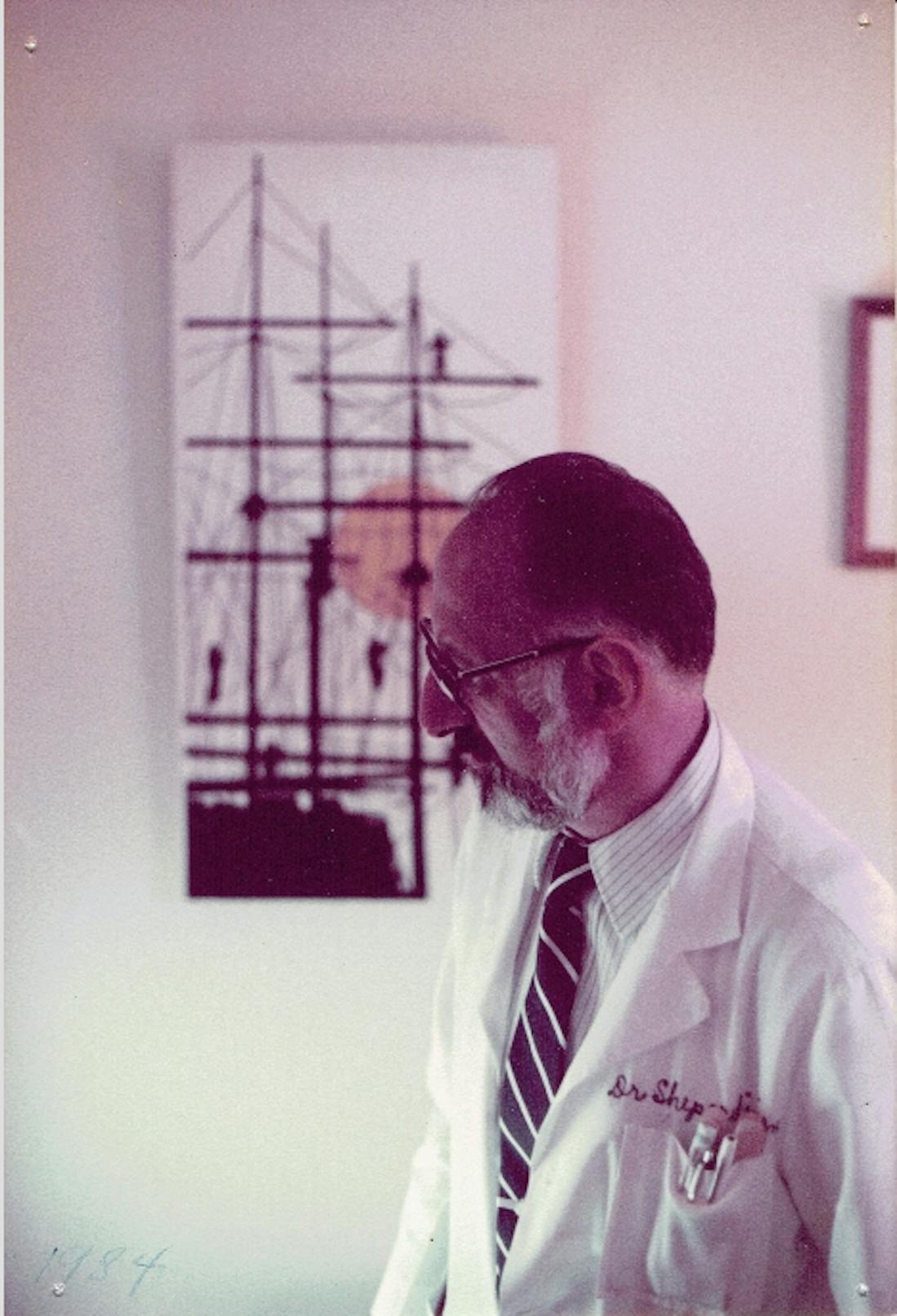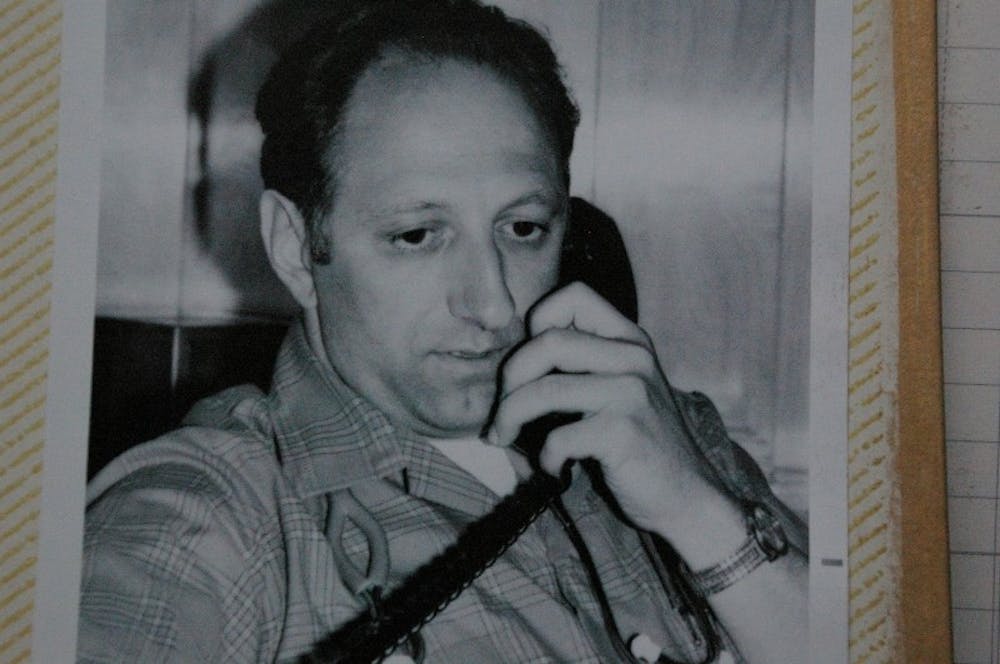Family remembers father as dedicated Mount Pleasant doctor, lifelong student
Mount Pleasant has more than a hundred doctors that serve the community but in 1968 there were less than a handful.
One of the doctors was Dr. Sheperdigian, who died in 2016.
From 1968 to 1995 Dr. Sheperdigian served as an internist – a doctor who specializes in internal medicine – at the Central Michigan Community Hospital which is now McLaren Central Michigan.
He was inducted into the Physicians Hall of Fame at Central Michigan Community Hospital in 2006 among the first group of physicians to be honored.
When the Sherperdigian family moved to the area, Central Michigan University had about 2,000 students, said Barbara Sheperdigian, wife of late Dr. Sheperdigian.
Decades ago, the doctor-patient relationship was much more personal, said the Sheperdigians' daughter, Alice Ciccu. She said her father knew his patients and they knew his family.
“(Patients) saw him frequently as a friend and he was someone who saw them as an individual and not as a disease," Barbara said. "Lots of people came up to us and told us that he listened to them."
Today, you can call the doctor's office to make an appointment with a receptionist or even message the hospital online, receiving a prompt reply. It can be a very impersonal experience.
However, during the time that Dr. Sheperdigian practiced medicine there were no cell phones like there are today so, an answering service was used to contact physicians.
Patients would call the main clinic's phone number and the answering service would contact the doctor on call. Sometimes, however, patients would directly call the Sheperdigian household to bypass this system.
“Of course all my children had to learn how to field those calls," Barbara said. "If he was not on call he wasn’t going to answer the phone. They all learned good phone skills."
Ciccu said when her father was on call, she and her siblings were not allowed to use the phone because it prevented other people from making calls to the house.
In the event that they tied up the phone line and the answering service couldn't get through, Alice said she and her siblings would be in trouble. Even if her father was not at home they learned that they had to keep the phone line open.
Barbara said sometimes the police would even come to their house to get Dr. Sheperdigian because the phone line was tied up or was down.
The Sheperdigians' son, Mark Sheperdigian, said he had similar memories when it came to phone calls.

“If he wasn’t on call, (Ara) would under no circumstances be given the phone," Mark said. "If you handed him the phone (when he wasn't on call) he would take care of the patient, but after that you’d have a conversation (with him)."
Answering the phone became a gamble, Mark said. When it rang, the possibility that it was a friend was alluring, but if it were a patient he said whoever answered became a "gatekeeper" and would have to tell the person on the other end to call the main clinic.
“Occasionally this was acceptable to the caller but more often than not they would try numerous times to get through," Mark said. "I am told that as a young boy I once informed a caller ‘I can’t give the phone to him, he’ll kill me’."
When Dr. Sheperdigian wasn’t on call, he frequently spent time with his family outdoors camping, kayaking, sailing or hiking. He also had a special interest in photography and technology.
“I don’t think he ever met a piece of technology that he didn’t want to try,” Ciccu said.
He was more adaptable to the technology than others, but sometimes it was difficult, Barbara said.
“By the time he was retired, (technology) was changing so rapidly," she said.
Dr. Sheperdigian was also a lifelong student and was fond of education.
Barbara said for awhile Dr. Sherperdigian worked with the health education department at CMU, where he lectured about once a semester.
“He was down at CMU’s library almost daily (after he retired),” Barbara said.
As a request of Dr. Sheperdigian, Barbara started a scholarship in his name at the Syracuse Medical School in New York where he graduated from.






